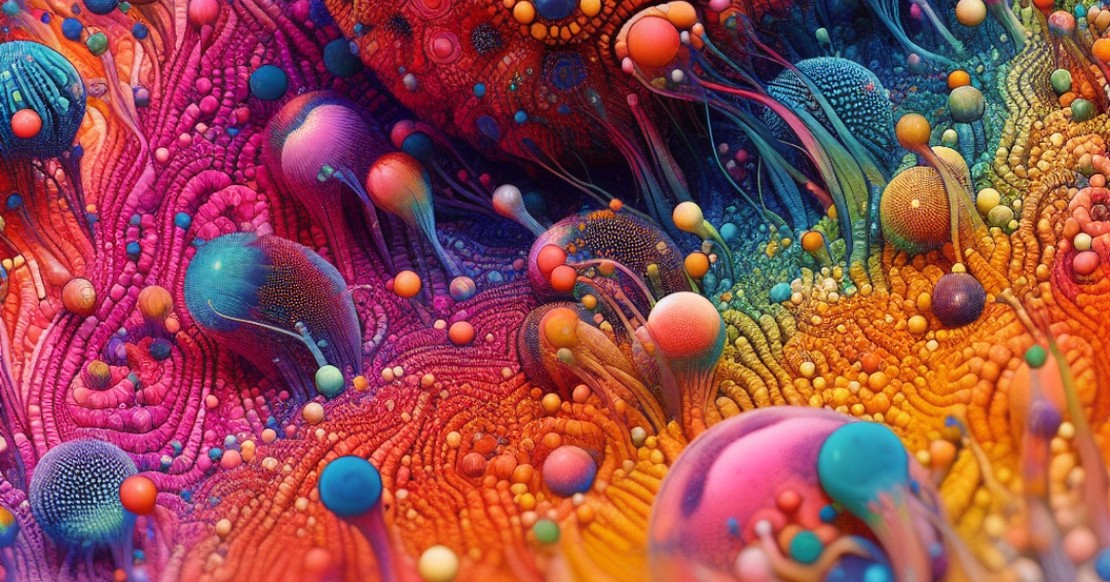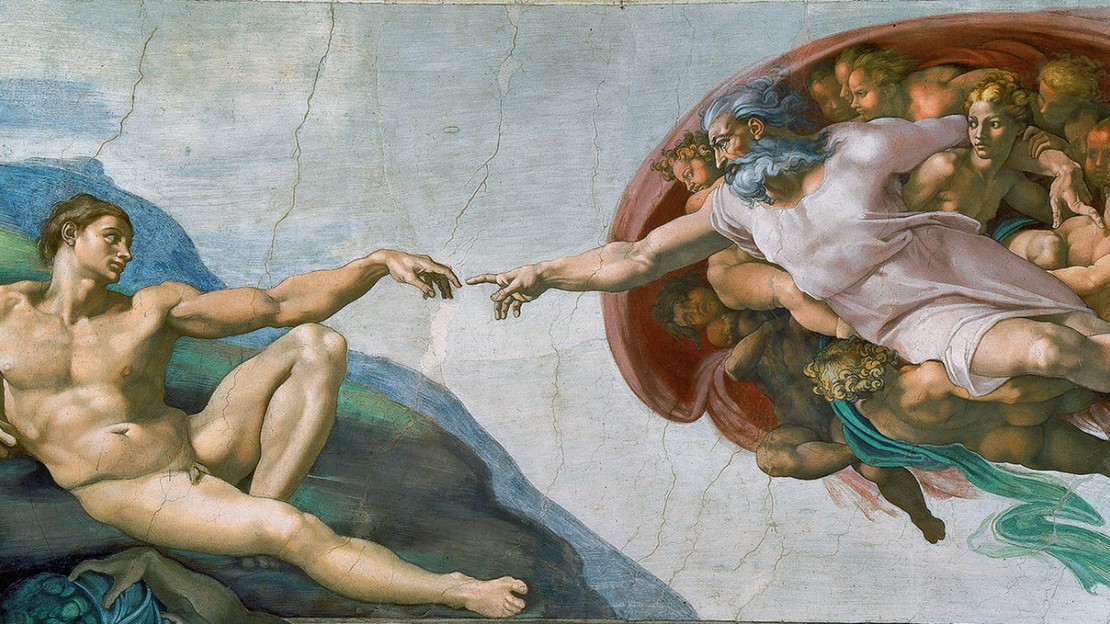
In the making of Gods
- Shubhankar Nath
- History , Religion
- March 24, 2019
A ESOTERIC PEEK AT HISTORY OF RELIGION THAT SCULPTED THE HUMAN RACE IN TIME
What have we done to the world? Is it God in the making of men or men is the making of God? In the momentous history of the Earth where Human reigned the planet, men have always distinguished themselves from other groups of men by appearance, habits or dialects. Today Religion is often considered as a source of disagreement, discernment and disunion. But there has been no great unifier of men other than religion. So to really have an opinion about it, we need to be familiar with it’s history.
ANIMISM
Anthropologist claim animism is observably the first form of religion Humans ever practiced. It came about right at that time when humans forgot that they were once foragers and started forming settled agricultural societies. Human norms started taking into consideration the outlook and interest of plants, animals, river and fairies. The idea of something being Sacred was conceptualized.
Such religion were mostly remained confined to the local tribes where they were conceived. They emphasized on unique features of specific locations, climates and phenomena. In order to give meaning to a lot of things around them they had to believe in a superhuman order that regulated the place and adjust their behavior according to it. They had their own rituals, like not to hunt white-tailed foxes or never to cut a particular tree. Humans understood that they had no control over certain things around them so, started communicating and negotiating with such beings for well being. Thus gained the idea of god. Gods acted as a mediator between human and their fate. In fact much of ancient mythology was a legal contract in which humans promised their everlasting devotion to the gods in exchange of favorable conditions. The first chapter of the book of Genesis is a prime example.
POLYTHEISM
As time passed, Human societies grew in size, they also started trading. Thus also trading the ideas of their gods. They came to a realization that their different needs were catered by different gods. Thus giving rise to a belief system of multiple Gods, also termed - Polytheism.
Polytheism does not necessarily dispute the existence of a single almighty or governing the entire universe. In fact, most polytheist and even animist religion recognize a supreme power that stand behind their many gods. In Greek Polytheism, Zeus, Hera, Apollo and colleagues are subject to an omnipotent and all-encompassing power : Fate (aka Ananke). Nordic gods too were doomed to perish by the hands of fate in the cataclysm called Ragnarok. Hindus which by far have the largest known plethora of Gods are also not exempted, a single principle called Parmatman is known to control every individual and every phenomenon of the Human’s and the God’s world.
But Hindus never constructed any temple for Parmatman, Greeks never wasted any sacrifice for fate. Why?
They understood that if such a power exists, it will be devoid of any interest or bias. It will be inclusive of all creation, so it is pointless to ask such a power for mundane desires like rain, victory in war etc. The only reason to approach such a power would be to know the ultimate truth and leave the cycle of rebirth, in other works to attain Liberation (Moksha) or enlightenment (Nirvana). And the only way to achieve Moksha is to renounce all desires and embrace all of the creation, the good and the bad. Some Hindus, known as Sannyasis devote their whole life in uniting with Parmatman.
However most Hindus are not Sannyasis, so for their mundane assistance there are specialized gods like Ganesha, Lakshmi or Saraswathi. So polytheist had no problem accepting other gods. When they conquered other lands, they did not try to convert their subjects. The Romans, Hindus, Aztecs never sent their missionaries to foreign land and they certainly did not dispatch armies for this purpose. They un-apologetically accepted the local gods and even built temples alongside them. Thus, polytheism is inherently open-minded and rarely hand laws to prosecute infidels.
MONOTHEISM
Two thousand years ago Monotheistic brainwashing have caused most westerners to see polytheism as ignorant and childish idolatry. The fundamental difference was that, they declared worshiping all other Gods as pagan.
It is like if the President’s office is open to you, why would you take your problems to smaller bureaucrats ?
They began to believe that their god was the only god, the supreme power of the universe but possessing bias and interest. Judaism for example, argued that the supreme power was specifically interested in the tiny Jewish nation in the obscure land of Israel. But the real breakthrough came with Christianity. This faith began as an esoteric Jewish sect who sought to convince other Jews that Jesus of Nazareth was their long-awaited messiah. However, one of the sect’s first leaders, Paul of Tarsus, reasoned that if the supreme power of the universe has interest and biases, and if he had bothered to incarnate himself in the flesh and to die on the cross for the salvation of humankind, then everyone should hear about it. And this argument fell on fertile ground. This movement soon captured the entire mighty Roman Empire.
The only god Romans long refused to tolerate was the monotheist and evangelist god of the Christians. One might assume that the fall of (so called) Paganism and rise of Christianity would be a bloody affair. But the Roman empire did not require the Christians to give up their belief provided they obeyed state laws. But Christianity is a missionary religion, they vehemently refused and rejected all attempts of compromise. In response the Romans reacted by prosecuting them. In the entire duration of 300 years from the crucifixion of Jesus to baptism of Emperor Constantine, the Romans initiated no more then four general prosecutions of Christians, and few warlords might have been involved in some anti-Christian violence on the side. This is noting compared to the violence indited by Christians, on Christians in the next 1,500 years. The theological dispute between Catholics and Protestants turned so violent that on August 23, 1572, French Catholics who stressed the importance of good action and repentance attacked French Protestants who highlighted God’s love of Mankind. In this attack, the St. Bartholomew’s Day Massacre, 5,000 to 10,000 Protestants were slaughtered on the streets in less than 24 hours. When the pope heard the news he was so overcome of joy that he organized festive prayer and commissioned Giorgio Vasari to decorate one Vatican’s rooms with a fresco. Along the same lines in Islamic world, Muharram is observed. Anyone with the idea that if all people were to follow only one religion, it will unify the World?
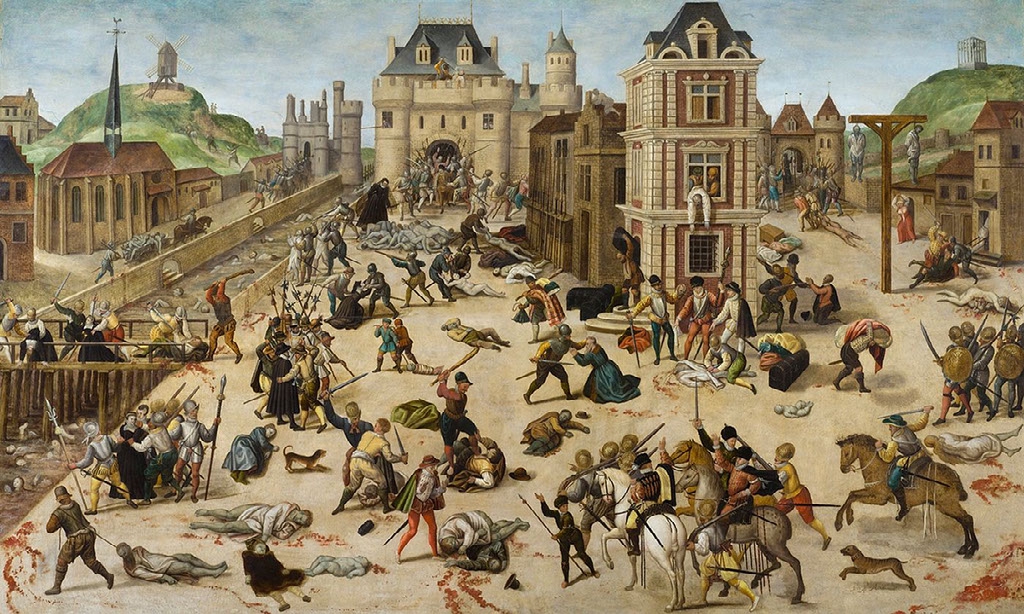
But if there is this one God, why is there no order? Why is there so much Wrong?
DUALISM
Among the most popular, monotheism and polytheism there was also the advent of a new idea - Dualism. Unlike monotheism, dualism believes that evil is an independent power, neither created by God, nor subordinate to it. This explains why the universe is constant battleground of these two forces. This explains the chaos.
But this gives us new line of unanswered questions, if the universe is a constant battleground of good and evil, that what is the point of Creation ? Why are the Laws of nature uniform everywhere e.g. Gravity works the same earth as it is in farthest most Galaxy. Dualistic religions flourished for more than a thousand years. Some time between 1500 BC to 1000 BC, a prophet named Zoroaster was active somewhere in Central Asia. His creed which later formed Zoroastrianism saw the world as a cosmic battle between the good god Ahura Mazda and the evil god Angra Mainyu. It was the official religion of the Persian Empire(AD 224-651). During the third and fourth centuries AD, the Manichaean creed spread from China to North Africa and for a moment it appeared it would beat Christianity. But the Manichaean lost their soul to Rome, the Zoroastrians were overrun by Muslims.
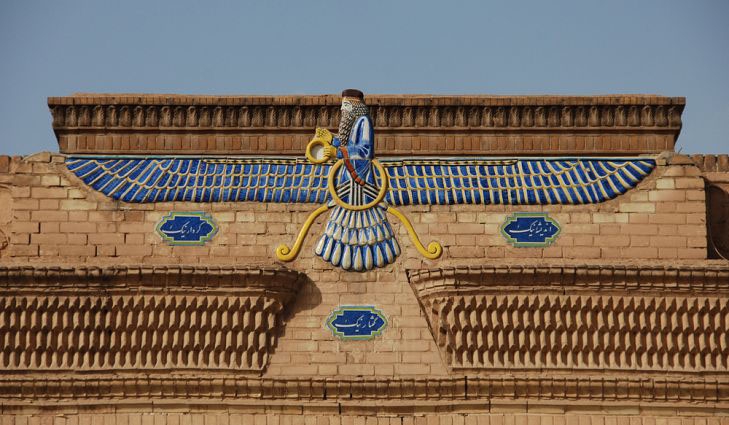
But the Dualistic belief was not all lost, e.g. the Christians adopted the idea of Satan. But how can a monotheist adhere to such beliefs? (Which by the way is nowhere to be found in the Old Testament). Humans have an amazing ability to belief in contradictions. They even went to the extent of believing that their single omnipotent - almighty God needed their help to fend of the evil powers. (Which by the way, inspired many Jihadist and Crusades).
On one hand where Monotheist kicked the idea of multiple Gods out the door, they whole-heartedly welcomes the ideas of holy saints, angels and even Ghosts via the window. This simultaneous avowal of different and even contradictory ideas is called Syncretism. Which is perhaps the most popular belief!
NATURE-ISM ?
All the religions discussed so-far had one common characteristic: They all believed in personification of the supernatural power. But the history of religion does not only boil down to the history of such Gods. During the first millennium BC, religion of an entire new kind began to spread through Afro-Asia. These newcomers were Jainism, Buddhism, Taoism, Epicureanism etc.
This creeds maintain that the superhuman order governing the world is product of natural laws rather than divine wills and whims. The most significant in such category is Buddhism. The central figure is Siddhartha Gautama, a prince who got so overwhelmed by watching the suffering around him that he left his palace and started to meditate. After six hard years of meditating he became liberated and came to be known as Buddha (the enlightened one). He arrived at the realization that suffering is not caused by misfortune or social injustice rather it is a recipe of our mind. Even people who possess a lot, want even more, even they suffer. Therefore mind is always dissatisfied and restless. The Gods can send us rain, good harvest and lucky coincident but even the greatest of Kings might be doomed in their own grief and anguish, forever chasing greater pleasures. Buddha found a way out, he taught how to feel sad without suffering, how to feel joy without craving it, using meditation. Buddhism does not deny the existence of God but if you are content with your mind, will any God be that powerful?
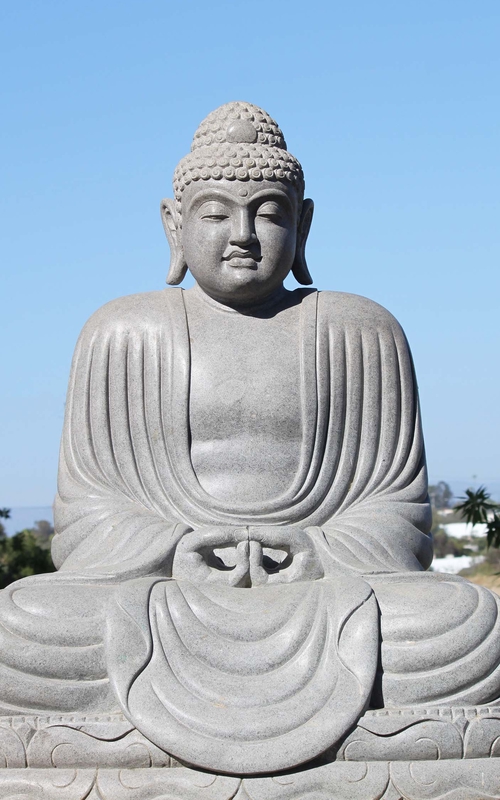
However as time passed, the followers of Buddha developed sects. Some started to believe that certain creatures and beings stop them from attaining liberation so they started to worship enlightened beings, asking them for help. Asking them for those mundane things, repeating the history again.
References
- Sapiens by Yuval Noah Harari
- Guns, Germs and Steel by Jared Diamond
